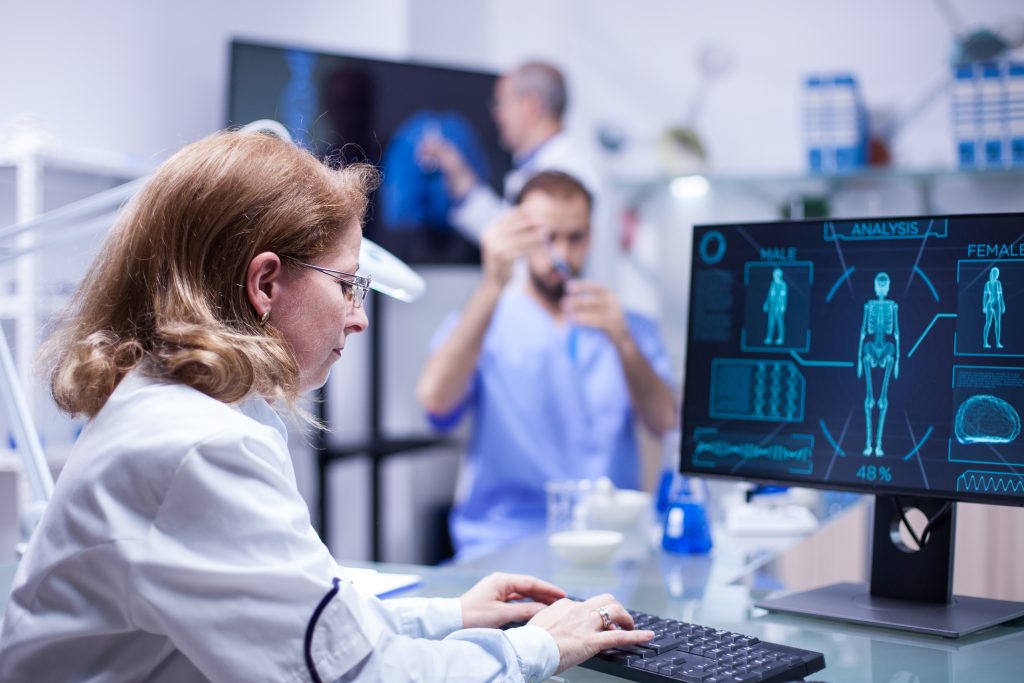
































Scientists at Imperial College London have been left astonished after an AI tool replicated and even expanded on a decade of their superbug research in just 48 hours. Professor Jose R. Penades and his team had spent years investigating how antibiotic-resistant bacteria develop, only for Google's AI system, 'co-scientist,' to reach the same conclusion almost instantly. Even more remarkably, the AI generated additional hypotheses, one of which the researchers had never considered and are now actively exploring.
The discovery has sparked excitement over AI's potential to revolutionise scientific progress. Had the researchers possessed the AI-generated hypothesis at the start of their project, it could have saved years of effort. However, the breakthrough also raises concerns about AI's growing role in scientific fields traditionally driven by human expertise. Some fear automation could replace jobs, while others see it as a powerful tool to accelerate discoveries and push the boundaries of knowledge.
Despite initial scepticism, Prof. Penades described the experience as 'spectacular' and believes AI will transform science. Comparing it to competing in a Champions League final, he emphasised that rather than replacing researchers, AI has the potential to act as a powerful collaborator. As technology continues to advance, the challenge will be to balance AI's immense capabilities with the need for human oversight and ethical considerations in research, not just in the UK, but globally.
 Tags quentes :
Inteligência artificial
Desenvolvimento
Económico
Tags quentes :
Inteligência artificial
Desenvolvimento
Económico